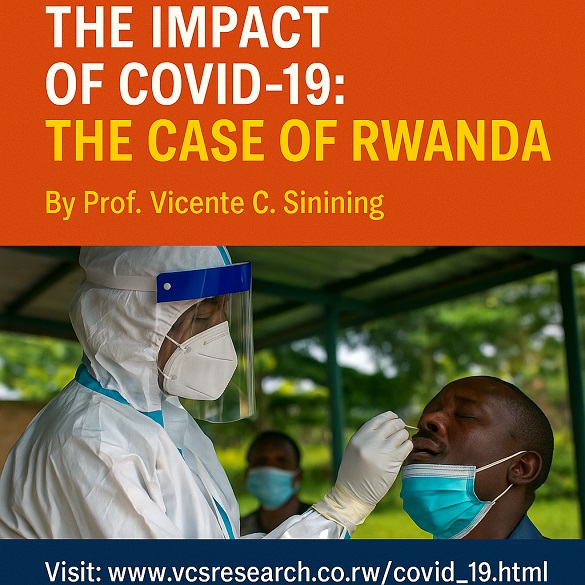
NOTE:
This paper was published in International Journal Cywilizacja i Polityka Poland. 2020, nr 18, s. 7–21.
DOI. 10.15804/cip202002. ISSN 1732-5641
Abstract
The study indicates that science is the basis for the development of modern information civilization. It is regarded as an essential factor of development in Poland. Research and education are embedded in the constitutional regulation of the Republic of Poland and the legal order of the national, European and global level. Today’s pace of cultural and civilization transformation causes the occurrence of some contradictions in the achievement of the constitutional principles and communicated new legal standards to higher education. The space conflict means especially the achievement of the Polish scientific and academic traditions in connection with the European standards (European Union) and the global standards (philosophy of postmodernism).
Overview of the Paper
On 24 March 2021, the worldwide update of COVID-19 was 124,858,281 cases, with 2,747,595 deaths and 100,880,216 recovered. On the same day, Rwanda’s total cases reached 20,975 with 295 deaths and 19,310 recovered. The country’s total tests reached 1,095,173.
Around the world, rich and poor countries have suffered the severe impacts of the COVID-19 pandemic. The global disruption to businesses, job losses and household livelihoods have resulted in increased poverty – with the poorest and vulnerable suffering the most. Health systems and social net responses are overburdened. The total impact is still unknown.
Rwanda’s first recorded case of COVID-19 was on March 14, 2020. It swiftly put into play decisive measures to contain the spread of the disease. By March 21, a full lockdown had been implemented. To minimize the spread of the virus, the country implemented a containment measures, social distancing and lockdown, school closures, the prohibition of public gatherings, and closure of non-essential business and economic activities. These measures, although key factors in the effective management of the health crisis, have far-reaching social and economic consequences.
The same negative impact is felt on the agriculture sector on which 70 percent of the population is still dependent. The decline in domestic and export consumption of agricultural produce will significantly impact segments of the rural economy and some of the most vulnerable communities. The restrictions of movement, transport, and market operations have negatively impacted agricultural households that rely on market sales and have negatively impacted households that do not have a harvest in stock to survive on. The loss of incomes as a result of the lockdown will most likely lead the poor and marginalized groups staying poor and to chronic poverty. The government of Rwanda will continue to review new measures if COVID-19 cases continue to rise.













